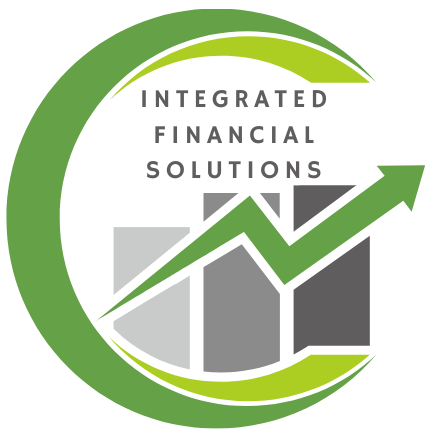Most small business owners think they’ll notice if money goes missing. But here’s the truth: when your books don’t match your bank account, small discrepancies can quickly spiral into major financial problems. That’s why bank reconciliation protects your business more than you may realize.
Reconciliation isn’t just a tedious task your bookkeeper nags you about. It’s the safety net that ensures your financial data is accurate, your decisions are informed, and your risk of fraud or penalties stays low.
What Is Bank Reconciliation, Really?
Bank reconciliation is the process of comparing your internal accounting records with your bank statements to ensure they match. Sounds simple, right?
But here’s why it matters:
- Missing expenses can lead to understated costs and inflated profit
- Uncleared deposits can create a false sense of cash flow
- Duplicate entries or fraud often slip through when books aren’t regularly reviewed
Put simply, bank reconciliation protects your business from acting on bad information.
How Skipping Reconciliation Puts You at Risk
If you’re only checking your account balance and not reconciling, here’s what can go wrong:
1. You Miss Fraud or Errors
Whether it’s a duplicated vendor payment or unauthorized charge, reconciliations catch what automation alone can’t. The longer you wait, the harder it is to recover.
2. You Miscalculate Cash Flow
Your account may show $20,000—but if $12,000 is unrecorded checks or deposits that haven’t cleared, your spending decisions could lead to overdrafts or missed payments.
3. You’re Unprepared for Audits or Tax Season
The IRS (or your state) won’t accept “I didn’t know” if your financials are off. Reconciliation ensures your income and expenses are backed by proof—making audits far less painful.
Signs You’re Behind on Reconciliation
Not sure if your process is tight enough? Watch for these warning signs:
- Your income statement and bank balance never seem to match
- You rely on your bank account alone to make financial decisions
- You’re constantly playing catch-up at tax time
If that sounds familiar, it’s time to get serious about reconciliation.
How to Make Sure Bank Reconciliation Protects Your Business
To make sure bank reconciliation protects your business consistently:
- Reconcile weekly or monthly—not just quarterly or annually
- Use cloud accounting software that flags mismatches automatically
- Delegate to a professional if you don’t have the time or expertise
- Document the process, especially for businesses with multiple accounts
When done consistently, it becomes a quick check—not a cleanup operation.
Real Protection Starts with Real Accuracy
Your business decisions are only as good as the data behind them. Reconciling your accounts regularly ensures that what you see is what you have—and that means fewer surprises and better planning.
Skipping reconciliation might not feel like a big deal today. But when your books are off, your business is flying blind.
Learn More About How Bank Reconciliation Protects Your Business
Don’t let small errors become big liabilities. If you’re behind on reconciliation or unsure your books are accurate, we can help. Book a consultation today and we’ll make sure your records are clean, correct, and ready for whatever’s next.

